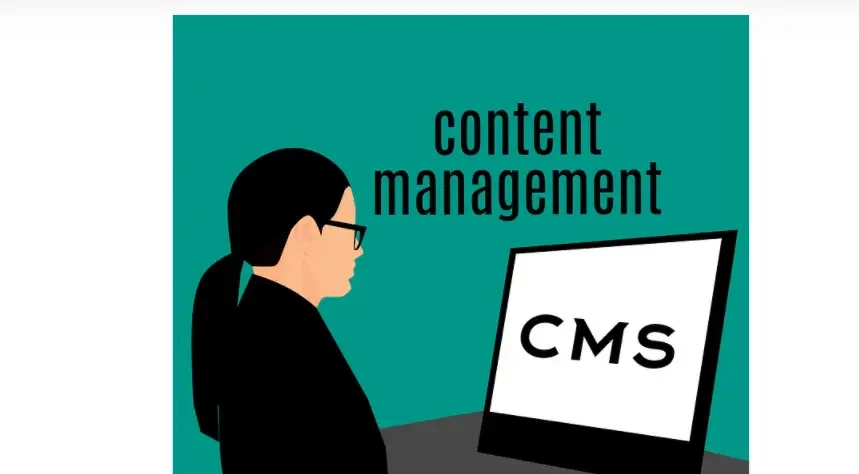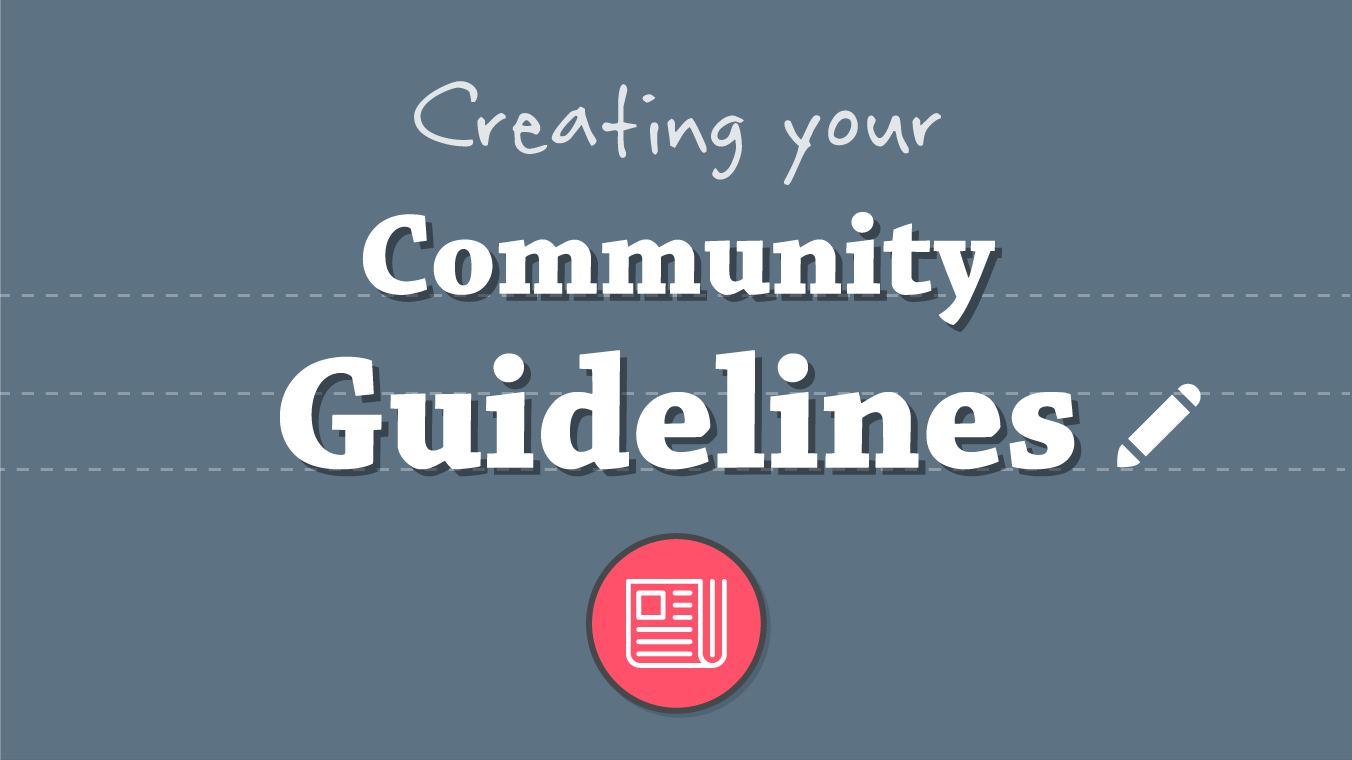While online community moderation guidelines are your community’s code of conduct, Terms of Use comprise its governing bylaws.
Terms of Use define an online community member’s rights and responsibilities concerning the use of your online community. By utilizing the community, they acknowledge to conclude a legally binding agreement on the entire terms outlined in your Terms of Use.
Creating Terms Of Use For Your Online Community
Nevertheless, even when certain terms are not mentioned, organization’s retain the right to alter Terms of Use at any time. Further, governing copyright and intellectual property laws are constantly in play, even when not explicitly expressed.
So, a Terms of Use agreement not just makes the member accountable for correct online community usage, but secures the organization from reasonable liability.
Building these terms can be challenging, so to make you started these are a few primary elements to consider:
1. Personal Information
As online communities generally possess a personal networking part via online member profiles, its main individuals are made accountable for presenting precise information. Impersonation or exchanging of account details are activities members should be held individually liable for; they must not be representative of lax practices in lieu of the organization.
This might appear like a small matter, nevertheless the nature of a few communities can cast a big effect on an individual’s personal brand, reputation and livelihood within major networks. Users should understand that your organization regards these matters seriously.
2. Utilization Of Content

There is an extensive range of content exchanged within online communities. Rather than describing correct usage for every type, assigning its purpose for individual use only should lessen a majority of misdemeanor – like external exchange of lead generation materials, member profile information or private downloads.
Certainly, plagiarizing, selling or circumventing security measures to pilfer content should be specifically forbidden.
Since user-generated content can frequently be of a fragile nature, safeguarding organizations from the unpleasant opinions stated by others is predominant. Refer to the Digital Millennium Copyright Act and the United States Copyright Act of 1976. The former specifically secures organizations from legal differences arising from third-party user-created content.
Lastly, it’s vital to state that once content is referred to an online community, it becomes property of the community not only the member nor the organization, but everyone with a vested interest. Why? When anyone posts content in an online community it doesn’t only benefit the organization, nor the initial poster. It benefits the whole online community.
Nevertheless, to adhere with legalese, by supplying content to an online community, members should comprehend that they assign a royalty-free and irreversible right to the organization to distribute, publish or revise content (except the disclosure or personal, private information).
3. Content Management

In online communities, it’s vital to accept that content hugely signifies the collective work of individuals with different backgrounds, ideologies and viewpoints. In selecting to utilize an online community, members should accept that cases of excessive disagreement might emerge. While these cases should not be regarded as a personal attack or lead to contention among members, frequently grievances go wild. Terms of Use should reiterate the truths that the organization cannot be held accountable for disputes arising from content posted by separate users. If this language solely doesn’t quell legal threats, refer people to the Digital Millennium Copyright Act stated above.
Link back to the private online community’s moderation guidelines to reference relevant behavior, but utilize the Terms of Use to elucidate that members are wholly responsible for any improper actions emanating from their contributions. Organizations have no responsibilityto review content prior to its submission, but may remove or edit content if it is considered to breach community moderation guidelines, to defy laws or regulations, or to inquire about the integrity of the online community of different members.
4. Wrangles Between Users
This might seem like playing with fire, but it’s a reality – organizations have no liability to arbitrate or resolve disputes among community members. Community administrators withhold the right to act in their own discretion, whether it be playing an active part in a disagreement, changing or deleting content, or deleting the offending individuals’ entry to the community entirely.
Conclusion
This is certainly not a detailed list of the items that can (and in a few cases, should) be explored within an online community’s Terms of Use. Specific terms and language will rest on the nature of the community itself. If your organization hires legal counsel, it’s highly suggested to work with them on this process.
Rather luckily, your online community will be an active, productive, and respectful area with members who really wish to obtain the most from their experience and participation. Nevertheless, in case that you do need to deal with legal threats, irrelevant content and unwanted behaviors, you desire to have the correct policies in place to assist de-escalation. Fixing the norms of behavior for your online community is a vital feature of online community management that shouldn’t be neglected. Earmark the elementary groundwork to secure the community and your organization; remain assured that you can anytime update and revise your policies as required.
Interesting Reads:
SEMrush and Yoast Partner to Enhance WordPress SEO and Digital Marketing
Easy Steps On How To Build And Launch A Custom WordPress Site
Maximize Conversion By Landing Page A/B Testing(Opens in a new browser tab)








